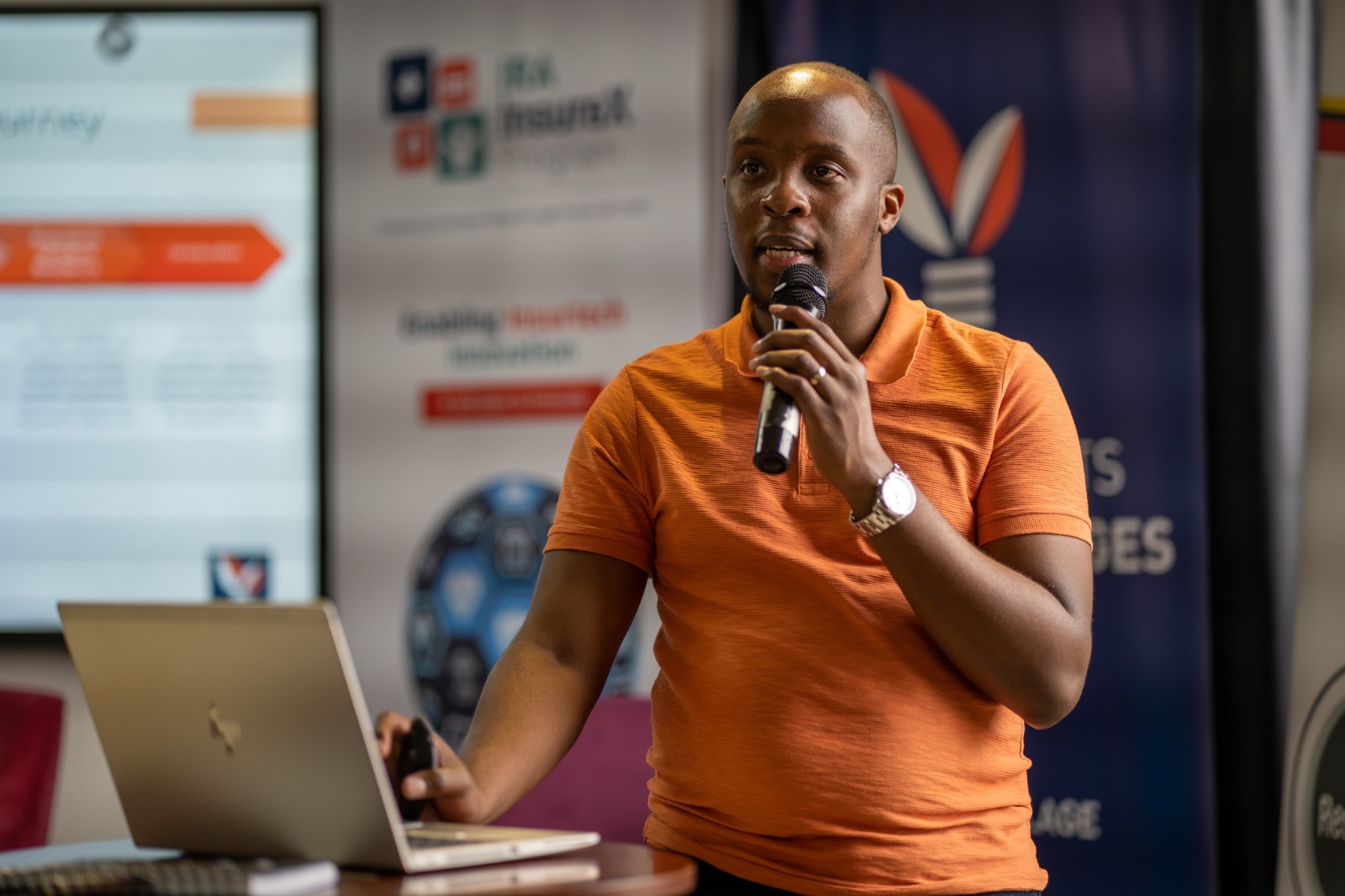Mr. Arthur Mukembo, is the Lead at Future Lab Studio. He says he is driven to make things better, even if it is by a few adjustments. From real estate…
Innovations Drive Opportunity: A Conversation with Arthur Mukembo


Mr. Arthur Mukembo, is the Lead at Future Lab Studio. He says he is driven to make things better, even if it is by a few adjustments. From real estate…
deneme bonusu veren siteler deneme bonusu veren siteler deneme bonusu veren siteler deneme bonusu veren siteler deneme bonusu veren siteler casino siteleri
deneme bonusu bonus veren siteler deneme bonusu veren siteler
flyjota.com Deneme bonusu veren siteler Deneme bonusu veren siteler Deneme bonusu
gaziantep escort,alanya escort,gaziantep escort
avrupa yakası escort,beşiktaş escort,beyoğlu escort,nişantaşı escort,etiler escort,esenyurt bayan escort,beylikdüzü bayan escort,avcılar bayan escort,şirinevler escort,ataköy escort
beylikdüzü escort ,istanbul escort ,beylikdüzü escort ,ataköy escort ,esenyurt escort ,avcılar escort ,bakırköy escort ,esenyurt escort ,esenyurt escort ,avcılar escort ,beylikdüzü escort